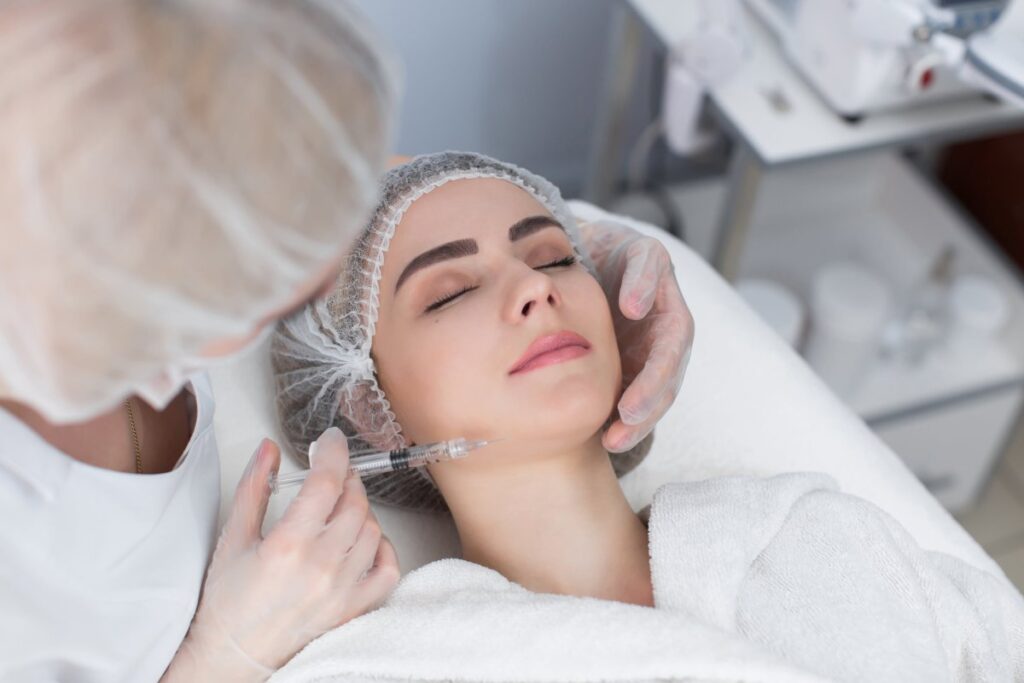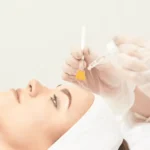THE WHAT While most companies pay at least lip service to sustainability, even as planet-friendly has become essential for CPG success, there are those continuing to resist – and that resistance comes in one of two forms: either everything goes suspiciously quiet or, worse, companies shout loudly but their claims don’t stand up to scrutiny.
THE DETAILS In the former camp is Revlon whose sustainability promises are limited to a responsible sourcing policy dating back to 2017. We’ve reported on precisely zero eco initiatives from the company over the course of this year – could it be a coincidence that the company is one of the few yet to recover from the ravages of the pandemic? There has, however, been some restructuring this year – could we be poised to hear more on the sustainability front in 2022? To be fair to Revlon, when you’re in firefighting mode, it’s easy to lose sight of the bigger picture.
Lauder was quiet on the environment front mid-year but in the Q4, there were some big headlines – it achieved net zero emissions and joined the Pulpex Consortium in a bid to develop paper bottle packaging.
Shiseido was also relatively silent on the sustainability subject while it battled to emerge from the pandemic-induced slump. In June, the Japanese beauty firm started playing catch up, setting up a Sustainable Technology Acceleration Department to oversee eco-friendly packaging development.
Still, whether late to the party or just hitting pause, actions speak louder than words, especially when those words are exposed as meaningless. We saw a few companies exposed for greenwashing this year: Innisfree was called out over its ‘paper’ bottle, that turned out to be made from plastic. Shortly after, parent company AmorePacific unveiled a new sustainability agenda, under which it pledged to reduce the use of plastics in product packaging.
Over in the US, Ulta Beauty was fined US$75,000 for dumping hazardous waste in September, right ahead of announcing its ‘refreshed’ strategic targets a month later, in which it deepened its commitment to being planet-friendly.
Indeed, it’s crucial that beauty is seen to walk the walk. For that reason, the sustainability strategies of the future should future proof products and that means doing the right thing, right up to the point of purchase and beyond. Passing the buck on to consumers won’t wash – while educational campaigns are all well and good, beauty needs to practice what it preaches.
THE WHY AND WHAT NEXT Sustainability’s evolution from a niche nice-to-have to a business essential has been rapid and it’s understandable that some are struggling to keep up. However, to take Coty as an example, those who make the planet a priority will reap the rewards. In the space of just three quarters since the US beauty behemoth announced its new strategic priorities as luxury, sustainability and skin care, it’s managed to turn plunging sales (-16 percent in Q2 2021) to revenue gains of 22 percent.
Aesthetic injectable companies refer to businesses or companies that specialize in manufacturing, distributing, or providing aesthetic injectable products and services. These companies focus on developing and supplying injectable substances used for cosmetic purposes, typically administered by qualified medical professionals. Aesthetic injectable companies play a crucial role in the field of aesthetic medicine and cosmetic dermatology by offering a variety of injectable products designed to enhance facial features, reduce wrinkles, and improve overall skin appearance.
Key aspects of aesthetic injectable companies include:
-
Product Development: These companies research, develop, and manufacture aesthetic injectables such as dermal fillers, botulinum toxins (e.g., Botox), collagen stimulators, and other specialized formulations. They often innovate new products to meet evolving market demands and technological advancements.
-
Distribution and Sales: Aesthetic injectable companies distribute their products through authorized channels, including healthcare providers, medical spas, and aesthetic clinics. They may also sell directly to licensed professionals who administer these treatments.
-
Regulatory Compliance: Due to the medical nature of their products, aesthetic injectable companies adhere to strict regulatory guidelines and obtain necessary approvals from health authorities (e.g., FDA in the United States) to ensure safety, efficacy, and quality standards.
-
Training and Support: Many companies provide training and educational support to healthcare professionals on the proper use, administration techniques, and safety protocols associated with their injectable products. This ensures that practitioners can deliver treatments effectively and safely.
-
Customer Support: Aesthetic injectable companies offer customer support services to healthcare providers and consumers, addressing inquiries, providing product information, and assisting with product usage and troubleshooting.




